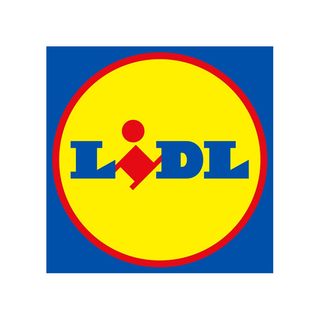Appetite for a Better World
A world where everyone chooses delicious and healthy food that is good for all humans, animals, and our planet.
Which area of our work would you like to learn about?
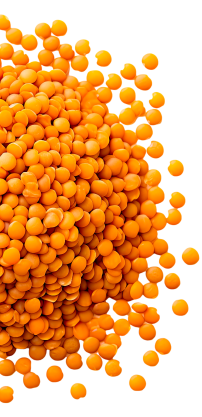

Latest updates and news

Meet the new Youth Board!
ProVeg is thrilled to announce the launch of this year’s Youth Board! 20 young people from around the world…
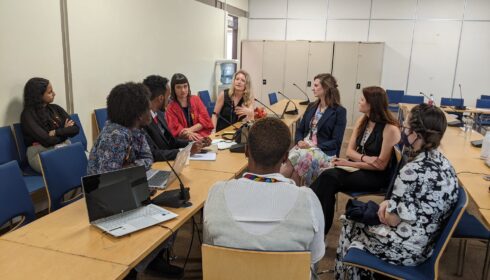
What is UNEA-6 and why is ProVeg going?
In just a few days, ProVeg will be participating in the sixth session of the United National Environmental…
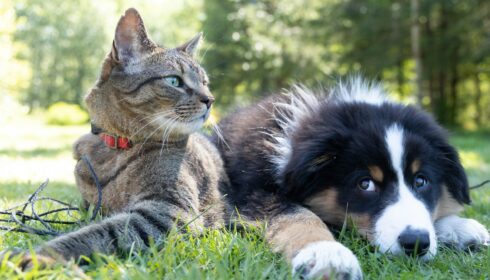
Can you feed your dog or cat a plant-based diet?
Why plant-based pet food could be better for our planet and our pets For many people, it’s conventional wisdom…

NEW FOOD CONFERENCE 2024
On September 3 and 4 the New Food Conference – live in Berlin and online – will be all about new protein solutions with a focus on the European market.
Catch up on the latest news from ProVeg…
For press releases, reports, and media kit…
We are ProVeg
Many of the world’s most pressing problems share a common cause – animal agriculture, which contributes to climate change, lifestyle diseases, global hunger, and animal suffering. ProVeg is dedicated to ushering change and raising awareness to tackle these problems through diet and food-systems transformation.
Our work in numbers
Veggie Challenge
The Veggie Challenge app is introducing plant-based eating to people around the world.

5 good reasons to be ProVeg
Following a plant-based diet has a positive effect on…
Taste
Enjoy delicious food
Health
Improve your health
Justice
Help build a fairer world
Animals
A better life for animals
Environment
Save the planet
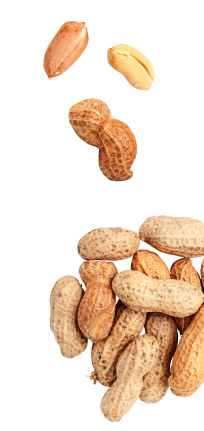
Plant- based nutrition
Give it a try, we support you
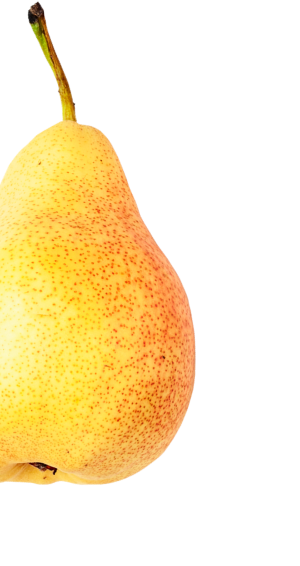
More ways for you to get involved…
More About Us
The ProVeg team
ProVeg has offices in 12 countries across four continents and is active around the world. We work with decision-making bodies, companies, investors, the media, and the general public to help the world transition to a society and economy that are less reliant on animal agriculture and more sustainable for all humans, animals, and our planet.
Find out more about us

Our Supporters
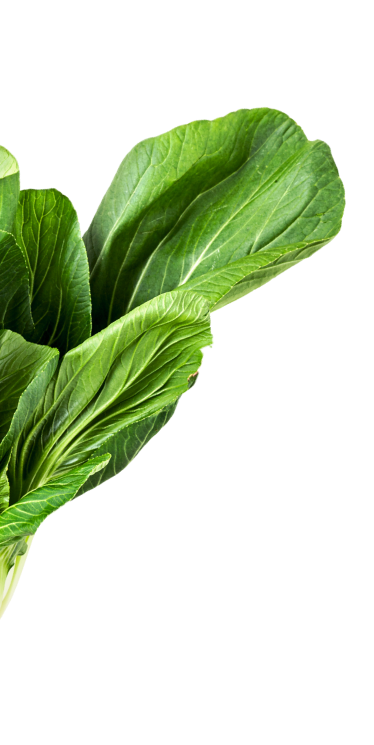

Support us with a donation
You can help build a world where animals are not used for food and help more people transition to a plant-based diet.

















